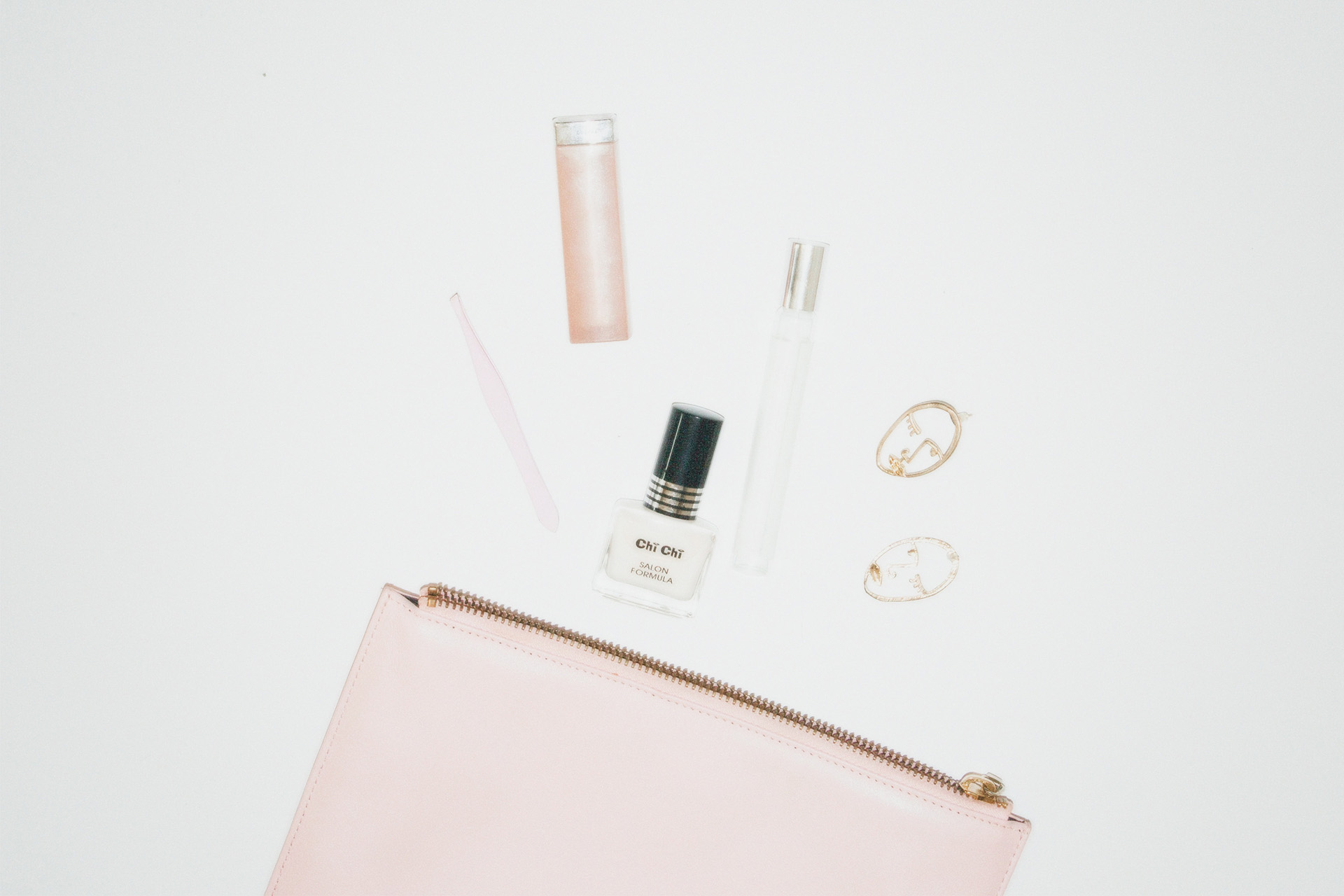Hormones play a pivotal role in almost every aspect of our health, and skin health is no exception. The intricate relationship between hormones and the skin is a fascinating and complex topic, with hormones influencing everything from acne and pigmentation to aging and elasticity. Understanding this relationship can help in managing skin conditions more effectively and achieving healthier, more radiant skin. In this comprehensive guide, we will explore the various ways hormones impact skin health, common skin issues related to hormonal imbalances, and practical tips for maintaining hormonal balance for optimal skin health.
Understanding Hormones and Their Functions
What Are Hormones?
Hormones are chemical messengers produced by various glands in the body. They travel through the bloodstream to tissues and organs, regulating processes such as metabolism, growth, mood, and reproduction. The major glands that produce hormones include the pituitary gland, thyroid gland, adrenal glands, pancreas, and gonads (ovaries and testes).
Key Hormones Affecting Skin Health
- Estrogen
- Function: Estrogen, primarily produced by the ovaries, is crucial for maintaining skin thickness, hydration, and elasticity. It promotes collagen production and helps to maintain the skin’s moisture barrier.
- Impact on Skin: A decline in estrogen levels, such as during menopause, can lead to thinner, drier skin and increased wrinkling.
- Progesterone
- Function: Progesterone works alongside estrogen to regulate the menstrual cycle and pregnancy. It also affects sebum production.
- Impact on Skin: High levels of progesterone can increase oil production, potentially leading to acne and breakouts.
- Testosterone
- Function: Testosterone, produced in the adrenal glands and gonads, is responsible for the development of male characteristics but is also present in females in smaller amounts. It stimulates sebum production.
- Impact on Skin: Excess testosterone can lead to oily skin and acne.
- Cortisol
- Function: Cortisol is the body’s primary stress hormone, produced by the adrenal glands. It helps regulate metabolism, immune response, and stress response.
- Impact on Skin: Elevated cortisol levels can lead to increased oil production, inflammation, and the breakdown of collagen, contributing to acne and premature aging.
- Thyroid Hormones
- Function: Thyroid hormones, produced by the thyroid gland, regulate metabolism and energy production.
- Impact on Skin: Imbalances in thyroid hormones can cause dry, coarse skin or, conversely, oily skin and acne.
Common Skin Issues Related to Hormonal Imbalances
粉刺
Hormonal Acne: Acne is often linked to hormonal fluctuations, particularly during puberty, menstrual cycles, pregnancy, and menopause. Increased androgens (male hormones) stimulate the sebaceous glands, leading to excess oil production and clogged pores.
Management Tips:
- 局部治疗: Retinoids, benzoyl peroxide, and salicylic acid can help manage acne.
- 口服药物: Birth control pills, anti-androgens (like spironolactone), and oral antibiotics may be prescribed for hormonal acne.
- 生活方式的改变: Reducing stress, maintaining a balanced diet, and using non-comedogenic skincare products can also help.
色素沉着
黄褐斑: This condition causes brown or gray-brown patches on the face and is often triggered by hormonal changes during pregnancy (referred to as “the mask of pregnancy”) or from oral contraceptives.
Management Tips:
- 防晒: Using broad-spectrum sunscreen daily is crucial to prevent worsening of pigmentation.
- 局部治疗: Hydroquinone, retinoids, and azelaic acid can help lighten hyperpigmented areas.
- 过程: Chemical peels, laser therapy, and microdermabrasion are options for more stubborn pigmentation.
皮肤老化
Hormonal Aging: Declining estrogen levels during menopause can lead to thinner, less elastic skin, increased dryness, and more pronounced wrinkles.
Management Tips:
- 保湿霜: Using rich, hydrating moisturizers with hyaluronic acid and ceramides can help maintain skin hydration.
- Anti-Aging Treatments: Topical retinoids, antioxidants (like vitamin C), and peptides can promote collagen production and improve skin texture.
- 激素替代疗法 (HRT): For some women, HRT may help alleviate menopausal skin changes, but it should be discussed with a healthcare provider.
皮肤干燥
Hypothyroidism: Low thyroid hormone levels can reduce sweat and oil gland activity, leading to dry, rough skin.
Management Tips:
- 保湿霜: Use emollient-rich moisturizers to lock in moisture.
- 补水: Drinking plenty of water and using a humidifier can help maintain skin hydration.
- Medical Treatment: Thyroid hormone replacement therapy can help manage symptoms of hypothyroidism.
Practical Tips for Maintaining Hormonal Balance for Healthy Skin
饮食与营养
均衡饮食: Eating a balanced diet rich in fruits, vegetables, lean proteins, and healthy fats can support overall health and hormonal balance. Foods rich in antioxidants, omega-3 fatty acids, and vitamins (A, C, E, and D) are particularly beneficial for skin health.
Avoiding Sugar and Dairy: High sugar intake and dairy consumption have been linked to increased acne severity. Reducing these in your diet may help improve skin clarity.
补充剂: Certain supplements, like zinc, vitamin D, and omega-3 fatty acids, can support skin health and hormonal balance. Always consult with a healthcare provider before starting any new supplements.
压力管理
Stress Reduction Techniques: Chronic stress can elevate cortisol levels, leading to skin issues like acne and premature aging. Practices like yoga, meditation, deep breathing exercises, and regular physical activity can help manage stress.
充足的睡眠: Getting 7-9 hours of quality sleep each night is crucial for overall health, including skin health. Sleep helps regulate hormones and allows the body to repair and regenerate.
护肤流程
清洁: Use a gentle cleanser to remove dirt, oil, and makeup without stripping the skin of its natural oils.
保湿: Regularly moisturizing helps maintain the skin’s barrier function and prevent dryness.
防晒: Apply a broad-spectrum sunscreen with at least SPF 30 daily to protect against UV damage, which can exacerbate hormonal skin issues.
针对性治疗: Incorporate products with active ingredients like retinoids, salicylic acid, and niacinamide to address specific skin concerns related to hormonal imbalances.
Medical Treatments
咨询皮肤科医生: For persistent or severe skin issues, consult a dermatologist. They can provide tailored treatment plans, including prescription medications and procedures.
激素治疗: In some cases, hormone therapy may be recommended to manage hormonal imbalances. This should be discussed with a healthcare provider to understand the benefits and risks.
结论
The intricate link between hormones and skin health underscores the importance of a holistic approach to skincare. Hormonal fluctuations can significantly impact the skin, leading to conditions like acne, hyperpigmentation, dryness, and premature aging. By understanding these connections and adopting a comprehensive skincare routine, balanced diet, stress management techniques, and appropriate medical treatments, you can effectively manage hormonal skin issues and achieve healthier, more radiant skin. Always consult with healthcare professionals to develop a personalized plan that addresses your specific skin concerns and hormonal needs.



